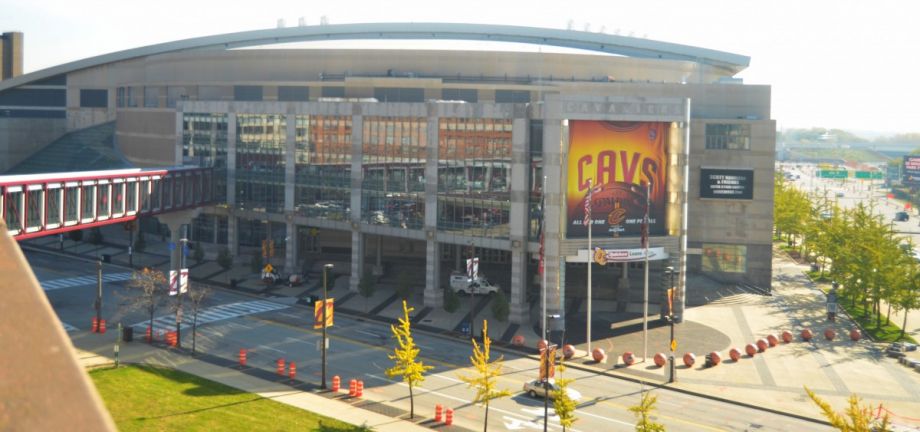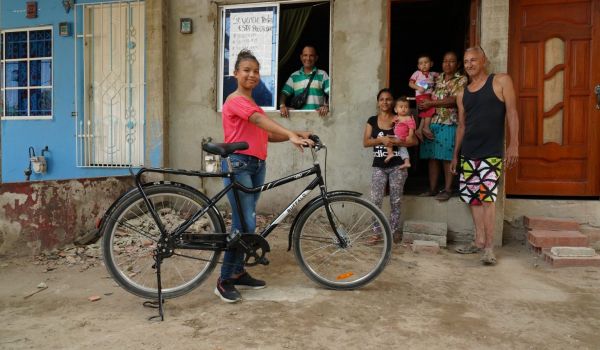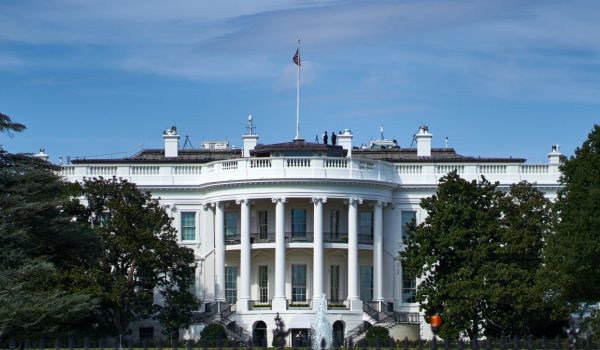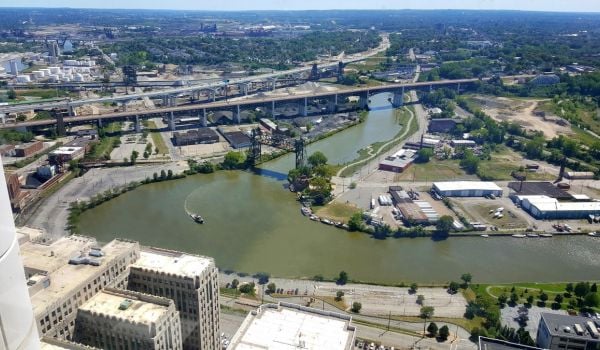Quicken Loans Arena, home of the Cleveland Cavaliers pro basketball team, will receive $88 million from the city of Cleveland for renovations, City Council decided Monday. The next day, Mayor Frank Jackson signed off on the plan. As with most deals involving public money and professional sports arenas across the U.S. — sometimes dubbed “stadium welfare” — the decision was controversial.
As Cleveland Patch reports:
The Greater Cleveland Congregations (GCC) group has been vocal in its opposition to the project. Local Rabbi Robert Nosanchuk, part of the Greater Cleveland Congregations (GCC) group, has said the project ignores the plight of Cleveland’s poor and the money would be better invested in distressed neighborhoods. Nosanchuk said the city and the state government are “passing over” residents who need their help to instead support this project.
The upgrades are expected to cost $140 million, and the work will “dramatically alter the facility’s appearance, creating more space for dining, bars and public gathering,” Cleveland.com reports. “The Cavaliers contend that the work will keep the 22-year-old arena competitive with other cities as they vie for major concert acts and other shows.”
The city’s share of funding will come from admission taxes collected on the events held at the stadium. The team has “pledged that the portion of the admission tax that goes to the city’s general fund will never fall below the portion directed toward debt service on the upgrades,” according to Cleveland.com. The newspaper also mentions that the project is supported by labor organizations and the Cleveland NAACP for the jobs it will create, and for the record held by Dan Gilbert (the team’s owner) for hiring minority and female business leaders.
But GCC would like to see more. Patch reports that the organization’s website calls for a Community Equity Fund (CEF) that will “match the city and county’s investment into the Q Arena project and will be funded through a direct stake in the Q deal,” according to the website. It further states that a “CEF will directly link the growth and prosperity of one of our region’s strongest economic engines, downtown Cleveland, with the improvement of the neighborhoods and communities of the whole city and county.”
That request, calling for a community benefits package of sorts, has been echoed in Seattle and Atlanta recently around development deals.
In Atlanta, as Next City reported this month, activists want to see money for flood alleviation, transportation, housing and safer streets, among other benefits, from Turner Field, former home of the Atlanta Braves. In January, a development team led by Georgia State University bought the field for $30 million with plans to make it into a new college football stadium.
In Seattle, meanwhile, a group of neighborhood organizations wants to see a benefits package from the Washington State Convention Center’s expansion.
“The coalition calculates that a $77 million benefits package value would be fitting based on other large construction projects in Seattle,” Josh Cohen wrote for Next City.
But even with the promise of benefits from new development, some cities are simply saying “no” to big sports venues. Earlier this month, St. Louis residents voted to pass two tax increases — but rejected a plan to put some of the revenue toward a Major League Soccer stadium.
Mayor Jackson said he sees value in the Quicken Loans Arena legislation, noting at his sign-off, “As much controversy as people were putting around this, this is one of the best deals the city of Cleveland has ever made in regards to investing and at very little public dollars and getting huge returns in public benefit.”

Rachel Dovey is an award-winning freelance writer and former USC Annenberg fellow living at the northern tip of California’s Bay Area. She writes about infrastructure, water and climate change and has been published by Bust, Wired, Paste, SF Weekly, the East Bay Express and the North Bay Bohemian
Follow Rachel .(JavaScript must be enabled to view this email address)









__Sean_Corrigan_from_Cleveland_Sews_(center)__and_Paula_Coggins_from_Oh_Sew_Powerful_(right)_sew_leftover_banners_from_the_NFL_Draft_into_handbags_-_photo_by_Sophie_Kannberg_600_350_80_s_c1.jpeg)






